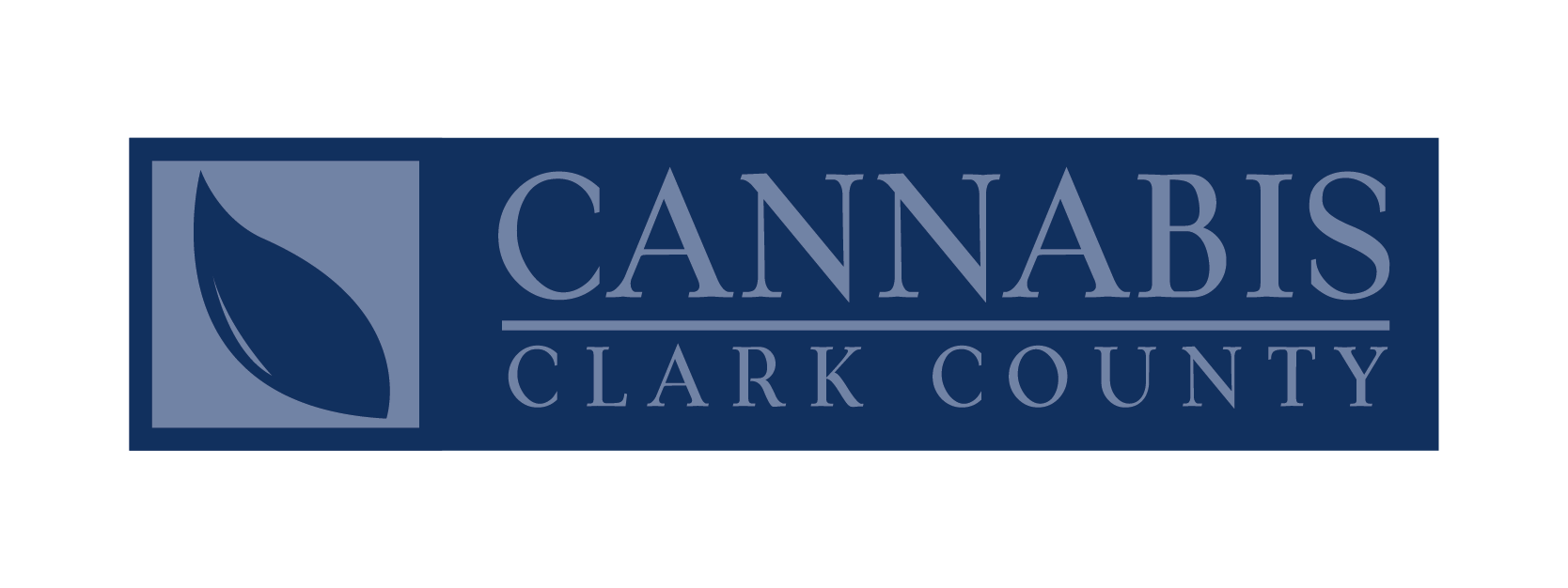In late September 2025, a first-of-its-kind membership quietly marked a turning point for cannabis beverages: Wine & Spirits Wholesalers of America (WSWA)—one of the most influential alcohol industry associations in the U.S.—accepted Cannabuzz, a Kentucky-based maker of hemp-derived THC ready-to-drink beverages, as an associate member in its new THC drink supplier category. The move folds a psychoactive cannabis beverage maker into the mainstream alcohol policy orbit for the first time. READ MORE: Marijuana Moment
Below is a concise briefing on what happened, why it matters, and how it fits into fast-shifting rules around hemp-derived THC and cannabis drinks.
What happened (and when)
- The milestone: Cannabuzz announced on September 25, 2025 that it had been accepted as WSWA’s first THC drink supplier associate member; the company framed the step as a path to align the category on serving sizes, potency transparency, age-gating, and standardized labeling.
- Coverage & confirmation: Cannabis business press and policy outlets reported the news on September 30–October 1, 2025, highlighting that this is the first THC beverage company to join a major alcohol trade association.
Why WSWA matters: WSWA represents America’s wine and spirits distributors—the middle tier of the three-tier system—and shapes how brands move from producer to store and bar shelves. Acceptance into this ecosystem signals that parts of the alcohol industry see regulated pathways for THC beverages, not just competition from them. READ MORE: wswa.org
Why this is a big deal
- Normalization within alcohol’s rulebook. Membership brings THC beverages into rooms where alcohol standards are debated—think UPC/packaging compliance, responsible service training, age verification, and recall protocols. This can help retailers and distributors evaluate cannabis drinks with familiar playbooks rather than ad hoc rules. READ MORE: CannaBuzz
- Policy influence at a pivotal moment. WSWA has been pressing Congress for clear federal testing and labeling, state authority over retail regulation, and bans on synthetic THC while keeping naturally derived cannabinoids lawful. A THC beverage member gives the association real-world perspective as it advocates these positions.
- Signals for the three-tier system. Distributors are watching whether low-dose THC RTDs belong in their portfolios as consumer interest grows. Early trade analyses show states are rushing to legislate THC drinks, underscoring the need for a consistent regulatory lane that wholesalers can navigate. READ MORE: MultiState
The policy climate (recent findings & publications)
- Beer Institute “Guiding Principles” (Nov 2024). The beer industry’s leading trade group set out baseline policies on intoxicating hemp and cannabis—supporting potency testing, warning labels, and youth protections if legalized—showing that mainstream alcohol bodies have been building a position on THC products. READ MORE: Beer Institute
- DISCUS policy updates (Apr 2025). The Distilled Spirits Council refreshed its marijuana and intoxicating hemp policies, emphasizing regulatory parity with alcohol for taxation, access, labeling, and responsibility standards—another indicator that alcohol’s national groups are converging on structured oversight, not prohibition. READ MORE: distilledspirits.org
- State legislative surge (May 2025). A 2025 review found 27 states + D.C. considered THC beverage bills, with a patchwork of serving-size caps, age-gating, and retail channel rules in play—context that makes WSWA’s standard-setting conversations timely.
Together, these publications show alcohol’s policy world preparing for THC beverages—before federal cannabis reform—by articulating safety, labeling, and youth-access norms that mirror alcohol’s framework.
How the WSWA membership could shape the category
Labeling & serving sizes. Cannabuzz says near-term focus areas include clear dose per serving, QR-linked COAs, and plain-language education for staff and shoppers. Those are the same planks distributors use to judge whether a product is “retail-ready,” and they align with the Beer Institute’s and DISCUS’s recent guidance. Expect movement toward common dose bands (e.g., 2–5 mg per serving) and consistent front-of-pack disclosures.
Responsible retailing & age gates. Alcohol trade groups have long-running compliance programs for carding, signage, and training. Translating those modules to THC drinks could accelerate national chains’ comfort with stocking compliant products—even amid uneven state laws.
Distributor playbooks. For wholesalers, standards reduce risk. If WSWA publishes best practices—think transport, storage, returns, and recall protocols specific to THC—more distributors may pilot limited roll-outs, especially in states that have already codified low-dose hemp THC rules.
Market implications—and the open questions
Demand tailwinds. Trade coverage and retailer anecdotes point to growing trial of low-dose THC RTDs as “occasion starters” or alcohol alternatives. As rules clarify and distributor lanes open, velocity can move from specialty shops to mainstream channels—provided age gating and dose caps are tight. (WSWA’s advocacy for standardized labeling and testing is aimed squarely at that friction.) READ MORE: Marijuana Moment
Fragmented legality. The legislative map is bumpy: some states welcome hemp-derived THC drinks with strict limits; others push bans or redefine “total THC.” Until Congress or FDA draws a federal lane, interstate logistics will remain complex even if wholesalers are ready.
Alcohol-cannabis coexistence. Alcohol trade bodies are increasingly choosing regulation over prohibition for intoxicating hemp—arguing that clear rules are safer than gray-market sales. Whether beer, wine, and spirits portfolios actively embrace THC RTDs—or merely tolerate them at arm’s length—will vary by company, risk profile, and state law. READ MORE: distilledspirits.org
What experts and stakeholders are saying
- Business press reaction: Industry outlets called the WSWA decision a watershed that “puts THC drinks in the same conversations as spirit-based RTDs,” while stressing that federal clarity remains the missing piece.
- Policy reporters: Coverage emphasized WSWA’s stance that synthetic cannabinoids should be banned but naturally derived hemp cannabinoids should be regulated with testing and labeling—a stance likely to influence near-term negotiations on Capitol Hill.
- The brand itself: Cannabuzz framed its role as helping retailers and regulators align on guardrails so stores have confidence to stock the category—language designed to reassure national chains and distributors.
The Summary
A major alcohol trade association now counts a THC beverage maker among its members. That single line captures where the market is heading: toward structured, alcohol-style standards for potency, labeling, age checks, and distribution. The WSWA–Cannabuzz development doesn’t resolve federal ambiguity, but it gives the THC RTD category a seat at one of the most consequential policy tables in beverage—and that’s how categories grow up. READ MORE: Marijuana Moment
More about other state’s beverage releases: New Jersey Top Dispensary

